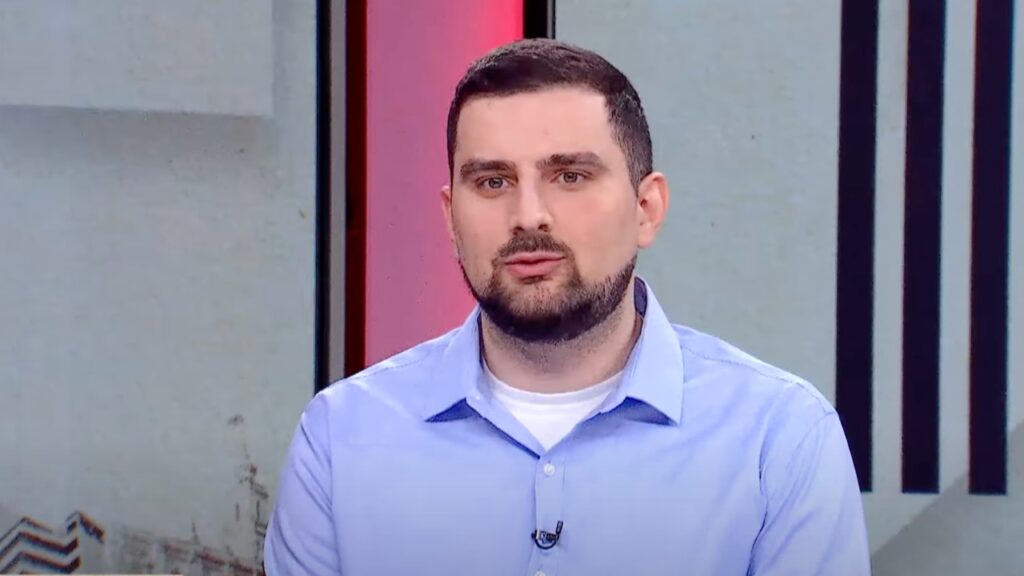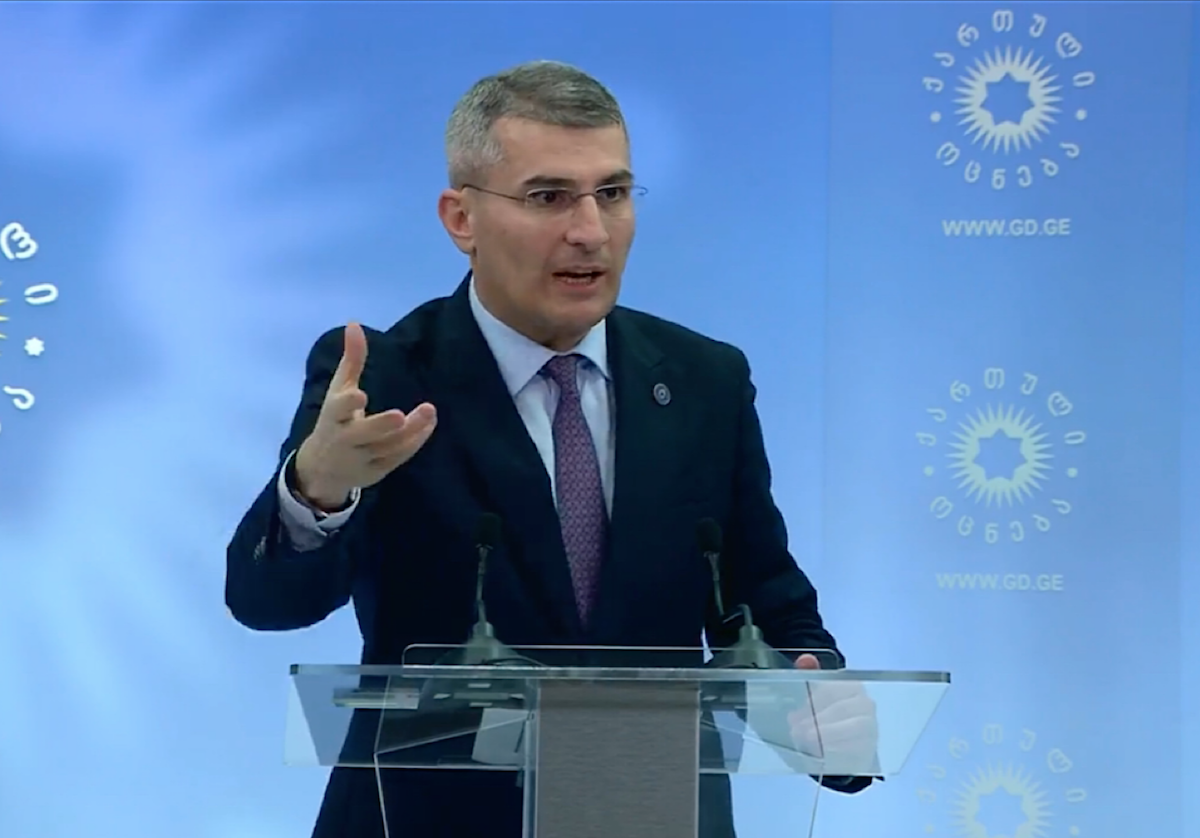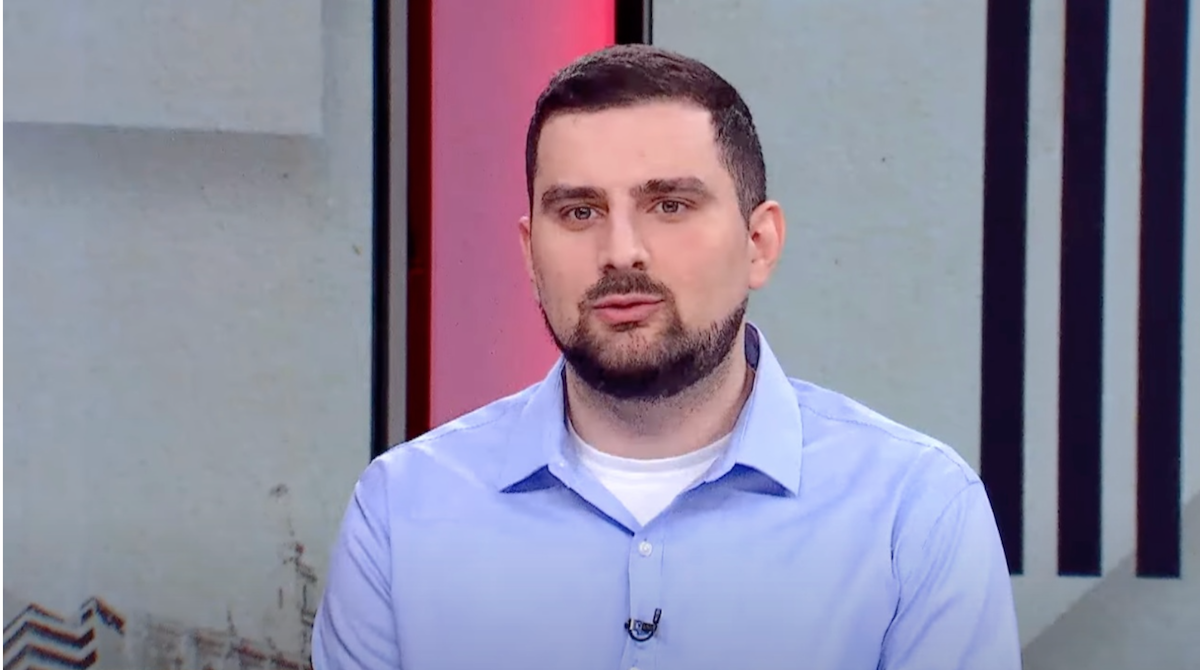Should Georgian opposition participate in 2025 municipal elections?
Opposition in Georgia’s local elections
In October 2025, Georgia will hold local self-government elections. The ruling party, Georgian Dream, has announced that the elections will follow the same rules as those of 2017 — using a majoritarian system with a 4% threshold.
- GYLA: ‘Georgian Dream’s draft laws aim to establish authoritarian rule’
- OSCE: ‘Foreign agents’ law in Georgia will further restrict civil society
Discussions around Georgia’s local elections have resurfaced as people continue to take to the streets for months, demanding new parliamentary elections and the release of political prisoners.
Some experts and analysts argue that Georgian Dream is deliberately pushing the topic of local elections onto the political agenda. In their view, the ruling party may be using it as a bargaining tool — potentially offering the release of political prisoners in exchange for the opposition’s participation in the vote.
It remains unclear how the opposition will respond. Some parties have clearly stated they will not take part, while others have given vague answers. The issue remains contentious within opposition circles.
The clearest stance comes from the families of political prisoners, who insist that their loved ones’ fate should not be used as a bargaining chip — not by the government, nor the opposition. Their demands remain unchanged: new parliamentary elections and the release of prisoners.
JAMnews presents two expert opinions — one in favour and one against the opposition’s participation in the local elections.

Yes. Conflict expert Paata Zakareishvili
Participation is essential, first and foremost, because elections are a chance to change the situation. This doesn’t mean you will necessarily win, but if you don’t take part, you give up your position entirely to an authoritarian government. You allow the authorities to stop even pretending — no more rigging required, they’ll just take power outright.
By choosing to participate, you can expose the government’s criminal actions, uncover fraud, and present it to the public. You may still refuse to recognise the results. But without taking part, you lose that opportunity — you’ll have no evidence.
If these elections go ahead and Georgian Dream seizes power — which will happen if the opposition doesn’t participate — there will be no more elections for another three years. Of course, early elections could still be demanded, but there is no guarantee. And the opposition, already in disarray, may collapse entirely.
In other words, by refusing to participate, you guarantee that nothing changes. By participating, you at least preserve the chance of making a difference.
Election participation justifies a party’s existence — it engages with voters, tests its strength, and builds capacity. A political party is a living organism. And local elections are closer to democracy because they allow engagement with communities and local issues. It’s an opportunity to explain what democracy means — on the ground.
Thanks to their structure, local elections offer the chance to win in 4–5 cities. Opposition sentiment is strong in Tbilisi, Kutaisi, Batumi, Zugdidi and Rustavi. Experience shows that nearly half of the residents in these cities oppose the government.
The opposition should mobilise, coordinate cities, and support each other. A single candidate backed by all opposition parties would stand a real chance of defeating Georgian Dream.
Winning even one city, like Saakashvili once did, gives you a platform. Becoming mayor of Tbilisi means managing a city of millions — a serious political force. The same applies to other major cities. Look at Erdoğan — once mayor of Istanbul, now president, and once again seeking that mayoral post. It’s clear that local elections matter. If you win in several cities, you can prove to the West that this struggle is worth backing.
I support holding new parliamentary elections and want them to happen — but it’s been five months, and is there any sign that Georgian Dream fears Georgian society, Washington, or Brussels? No. They will not hold new parliamentary elections before the local ones. In the worst-case scenario, both will coincide, but by then the political field may have been cleared of opposition and civil society, and Georgian Dream, with its satellite parties, could secure a constitutional majority. Then, we’ll have nothing left to fight for — for at least three years.

No. Lawyer Saba Brachveli
In a situation where Georgian Dream intends to ban opposition parties, destroy independent media and civil society, why are the very actors capable of mobilising citizens and preventing fraud even considering taking part in local elections?!
Let’s look at what is actually happening in the country. First, in a month, the parliamentary investigative commission will complete its work, and based on its conclusion, the Constitutional Court will ban all genuinely opposition parties, while new ones won’t be registered at all. Second, the new “foreign agents” law will destroy civil society. And even if it doesn’t fully succeed, it will still prevent NGOs from observing the elections. And third, key independent TV stations will either be shut down due to lack of funding or crushed with fines under the revised broadcasting law.
The entire playing field will be cleared for Georgian Dream — so what’s the point of participating in elections? Who will even be left to take part, and what chances will they have?
On this cleared-out field, Georgian Dream will likely call snap elections featuring only itself and its satellite parties, and it will secure a constitutional majority. This would be followed by the repeal of Article 78 of Georgia’s Constitution, which defines the country’s Euro-Atlantic course. In other words, the regime will do everything it wanted but failed to achieve in 2024 due to active resistance from civil society.
Some say the opposition won in major cities in 2024, so it can do so again and start defeating Georgian Dream. I find that unlikely. In 2024, turnout was one of the highest in history — people weren’t demoralised but highly motivated. In 2025, it will be the opposite.
If the opposition is even allowed to run, it will need joint candidates and a strategy of tactical voting. That currently seems implausible, which means Georgian Dream will win all majoritarian seats. The same will happen in local councils, as under the amended law they will largely consist of majoritarian winners — without a runoff.
The opposition first and foremost needs a single candidate — but they have not agreed on one, and most likely won’t. On top of that, electoral legislation has changed. In 2021, it was more favourable and helped secure not just a single-seat victory but also additional candidates. The current laws, by contrast, benefit Georgian Dream.
Moreover, these elections will take place without observers who could document fraud, and without the level of international attention seen previously.
The context has shifted. Electoral authoritarianism has become entrenched, and in my view, even discussing municipal elections in this environment is pointless.
In authoritarian countries, governments are not changed through local elections. That has never happened anywhere.





















